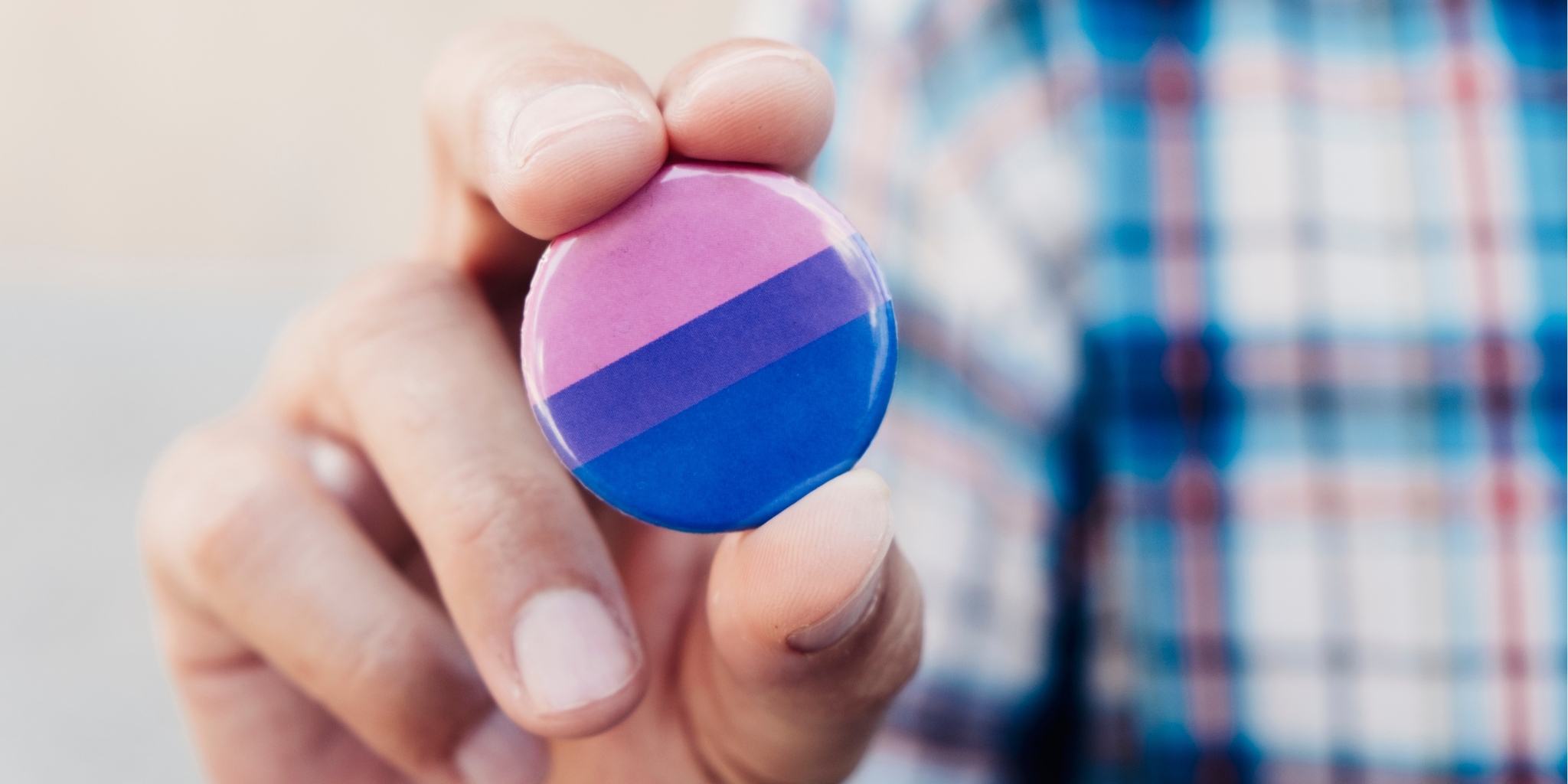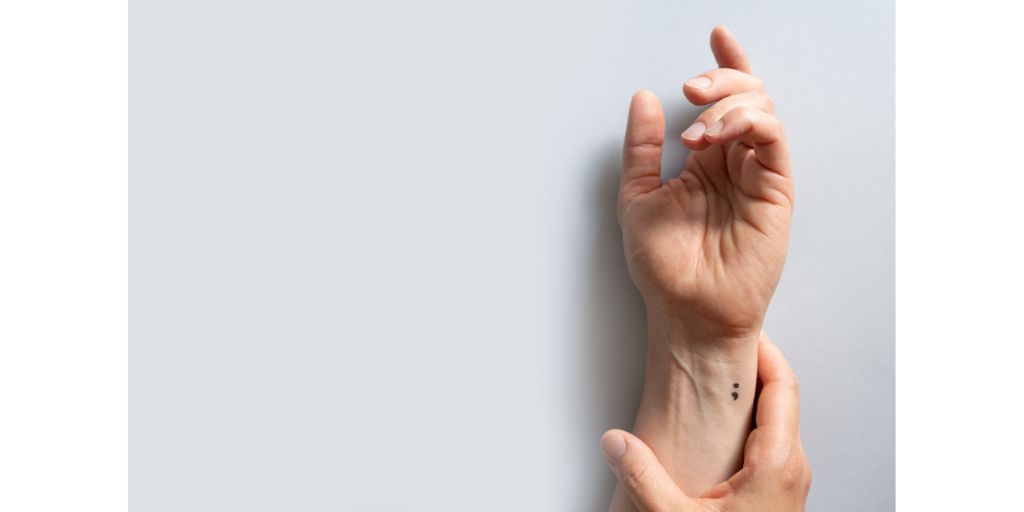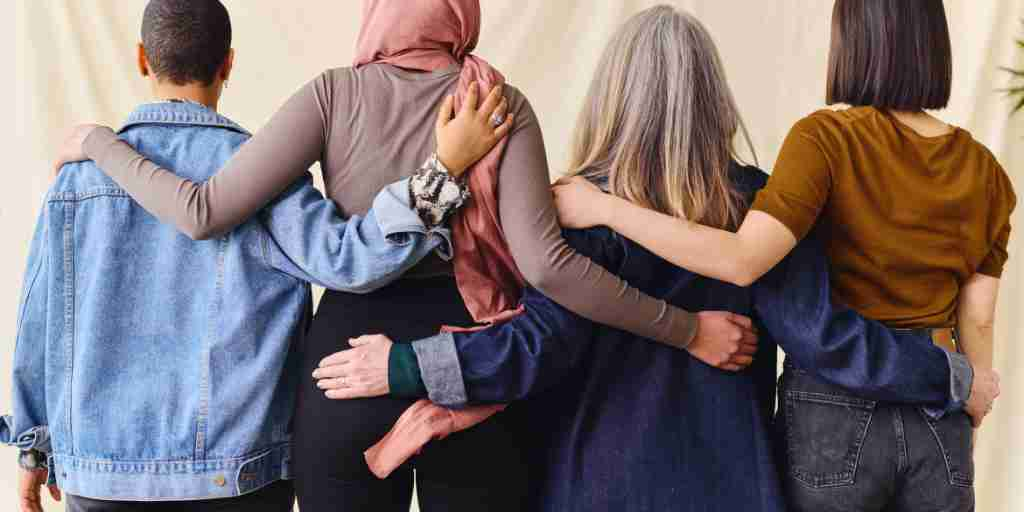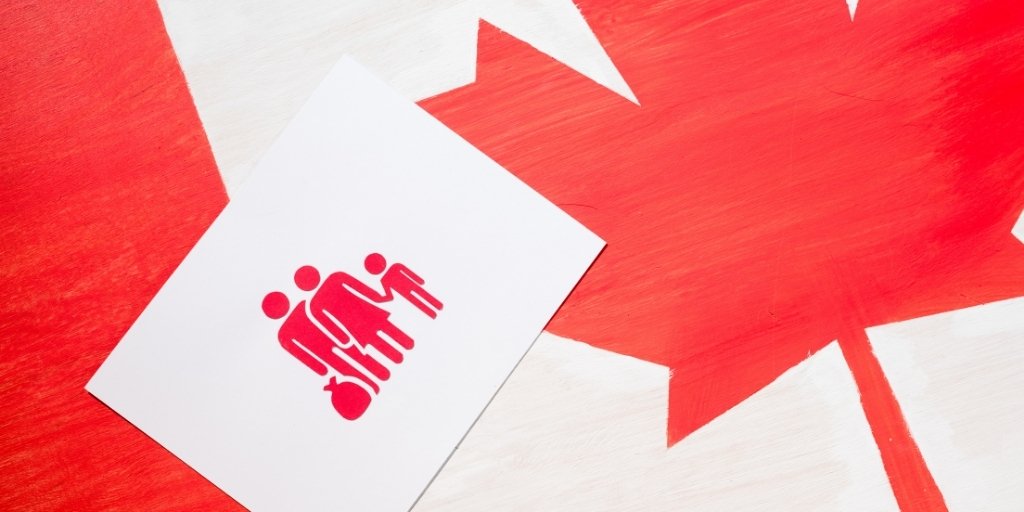What does it mean to be Bisexual?
According to the American Psychological Association, the term “Bisexual” is used to describe a person who experiences emotional, romantic and/or sexual attractions to, or engages in romantic or sexual relationships with, more than one sex or gender.
Bisexuality Within the LGBT Community
Bisexual people and their identities, experiences, and concerns are often invisible within the heterosexual and LGBT community. The most important reason for this is the concept of Monosexism. Monosexism is the societal belief that someone can only be attracted to one gender and according to this belief, the feelings and experiences of bisexual individuals are viewed and internalized as wrong or unnatural.
Another stereotype that frequently arises after an individual identifies as bisexual, is hypersexuality. Bisexual individuals are believed to engage in more sexual encounters and with less moral values. They are believed to be less loyal to their partners and a lot more promiscuous. These beliefs affect the quality of life of bisexual individuals especially when it comes to choosing partners for themselves.
Bisexuality in the Middle East
In some countries, being gay or lesbian can result in severe persecution, including imprisonment, violence, and even execution. However, being bisexual can be even more oppressive in these environments. Bisexual individuals often face a unique form of marginalization, as their identity is not only condemned by oppressive regimes but also misunderstood or dismissed by both the LGBTQ+ community and the broader society. This dual stigma can lead to intense internal and external pressures, forcing bisexual people to conceal their true selves or face compounded discrimination, making their existence even more perilous.
In an interview with Rania, a bisexual woman from Lebanon, she shared her experience of navigating these complexities. “Being bisexual in the Middle East feels like you’re constantly having to prove yourself,” she explained. “People often assume you’re either straight or gay, depending on who you’re dating, and there’s little understanding that bisexuality is a legitimate and stable identity.” Rania also highlighted that bisexual individuals face pressure to conform to heterosexual norms, as they are sometimes seen as having the option to live a “normal” life, unlike their gay and lesbian counterparts. This pressure can lead to internalized biphobia and a sense of isolation, making it difficult for bisexual people to fully express and embrace their identities.
Prominent Iranian Bisexual Individuals
There are various prominent Iranian bisexual individuals who are out and proud of their sexuality. Below we will introduce some of these individuals. Their experiences of bisexuality may or may not be reflected in their work, but regardless they are great sources of inspiration for people who identify as bisexual.
Desiree Akhavan is an American filmmaker, writer and actress. She has directed, written, and appeared in many short films and feature films since 2010. Akhavan is also an activist in advocating for the LGBTQ community in the film industry. With her comedy-drama television series, The Bisexual, Akhavan addresses anti-immigrant and racist sentiments in the UK and explores themes of bisexuality and female sexuality.
Akhavan identifies herself as a bisexual woman and often explores her bisexuality within her work.
Maryam Keshavarz is an American filmmaker of Iranian descent who was born in New York City, New York. She has a production company, MaraKesh Films, which is dedicated to making sure women and minorities are behind and in front of the camera. Keshavarz has garnered several high-profile awards for the project including the Hearst Screenwriters Grant, the San Francisco Film Society/ KRF Screenwriting Award, the prestigious Creative Capital Fund, and invitation to the Yaddo Writers Residency. According to an article published by the Guardian in 2012, Keshavarz is bisexual and you see her special focus on gender and sexuality in various movies that she made.
Shaparak Khorsandi is a comedian, author, speaker and advocate for human rights. She is the daughter of the Iranian political satirist and poet Hadi Khorsandi who fled Iran with his family for the United Kingdom following the 1979 revolution. She authored four books and made numerous television and radio appearances since 1999. During an interview in 2017, Khorsandi was speaking about her latest novel at the time, Nina Is Not OK, in which the lead character is a bisexual 18-year-old with alcohol addiction issues. She came out as bisexual, revealing that Nina’s sexuality was based on her.
Porochista Khakpour is an Iranian American novelist, essayist, and journalist who was born in Tehran and raised in the Greater Los Angeles area. She is the author of five books and her nonfiction essays have been published. Khakpour currently teaches classes online at The Center for Fiction, Corporeal Writing, and The Shipman Agency Work Room and has been on a jury member, judge, reader, etc for PEN, the Neustadt Prize, The Berlin Prize, and many more.
Khakpour is openly queer and bisexual and lives in New York City’s Harlem.




